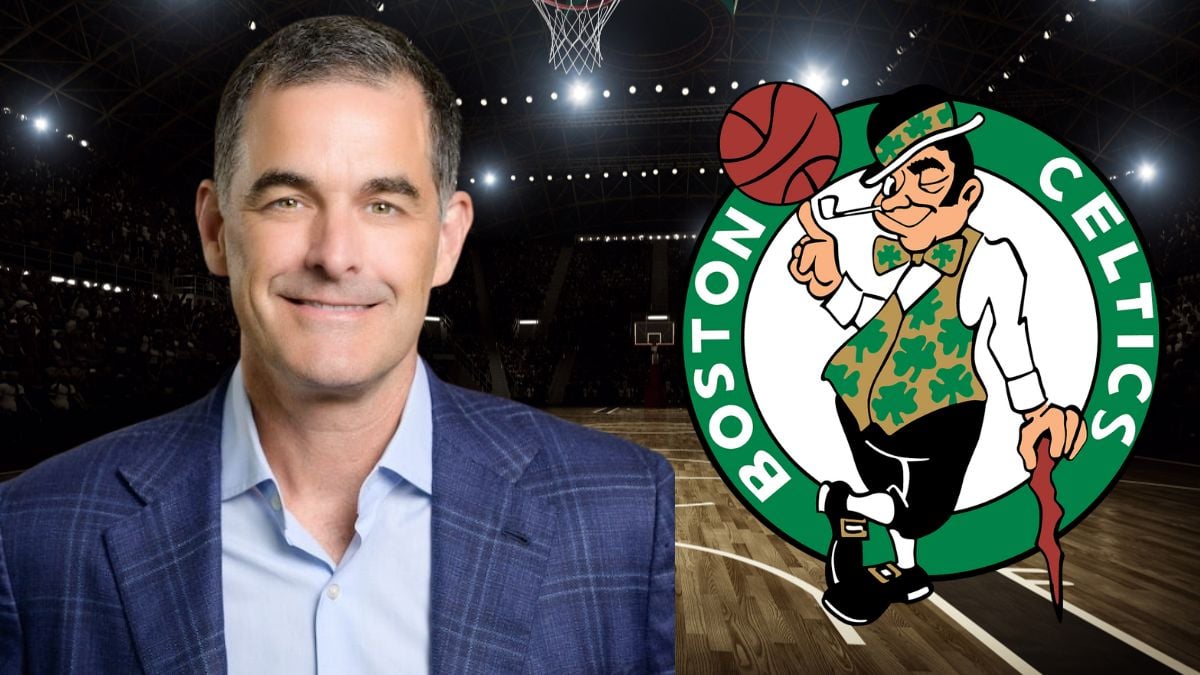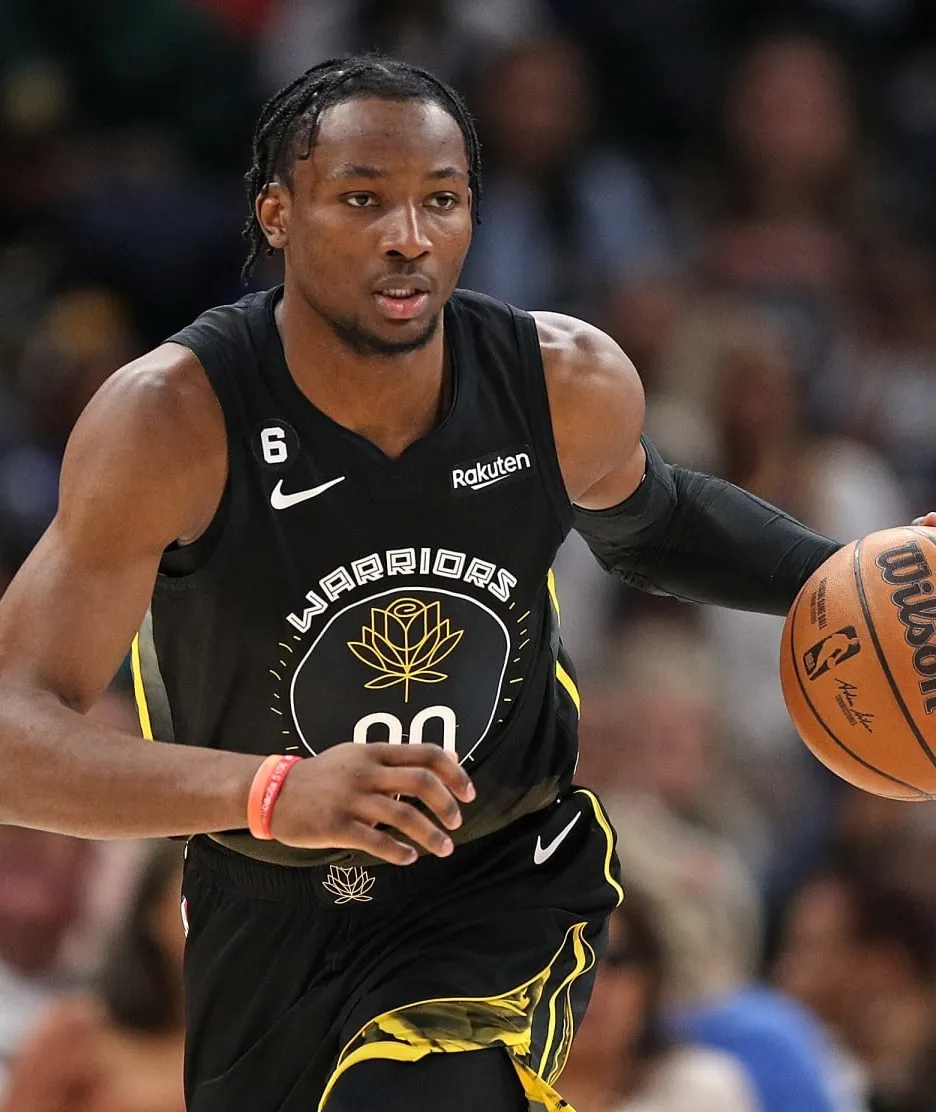Last year, shortly after the Boston Celtics won Banner 18, Wyc Grousbeck announced that he would be selling his majority ownership stake in the team. Fast forward to now, after months of relative silence, it was revealed that Bill Chisholm, the co-founder of Symphony Technology Group, had purchased the team for a record-setting $6.1 billion.

Chisholm has been very vocal about his excitement to own the team, as he has been a huge Celtics fan his entire life and is from Georgetown, Massachusetts. From appearing on NBC Sports Boston’s studio show with Chris Forsberg to the actual Celtics broadcast during their game in Sacramento, Chisholm has already made his presence known in the Celtics sphere.
But there might be a problem.
Bill Chisholm may have broken NBA rules with Celtics sale
Dan Primack of Axios detailed a potential issue with Chisholm’s purchase of the Celtics that could put the sale in jeopardy. The group that Chisholm bought the team with may have broken NBA rules.
“The big picture: Bill Chisholm, the club's presumptive new control owner, has committed less money to the two-part deal than has Sixth Street Partners, according to three sources,” Primack wrote. “That is not allowed by the NBA, per regulations first established in 2021. Instead, a PE fund can have the lesser of 20% or below the percentage held by the control owner (who must hold a 15% minimum stake).”
Sixth Street Partners is a global investment private equity firm that evidently joined Chisholm’s group in purchasing the Celtics. However, since the NBA has rules regarding private equity firms being heavily involved in owning teams, this could pose an issue.
However, Primack did outline two potential options for how Chisholm could move past this issue.
“One is that he pulls in so many new investors that Sixth Street's full check is no longer needed — and the firm allows itself to fall below Chisholm in the cap table,” Primack wrote. “This remains possible before other owners vote in June, particularly if some existing minority investors roll over their stakes and/or some of the losing bidders join with Chisholm.
“The other is that Chisholm requests some sort of waiver from the league, guessing that other owners won't reject a deal with so high a price tag.”
Chisholm figuring out a way to get to one of those potential solutions seems like the most likely outcome of this problem, but the point is, the sale could be in danger if he doesn’t figure something out.
Some extra drama has just been added to the Celtics sale.



